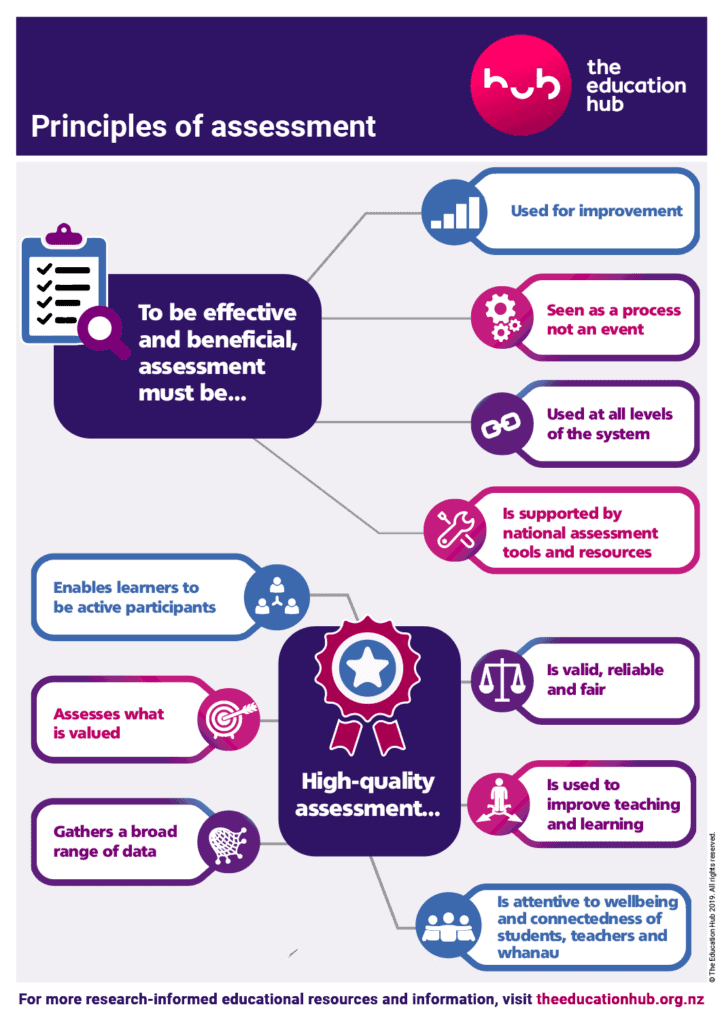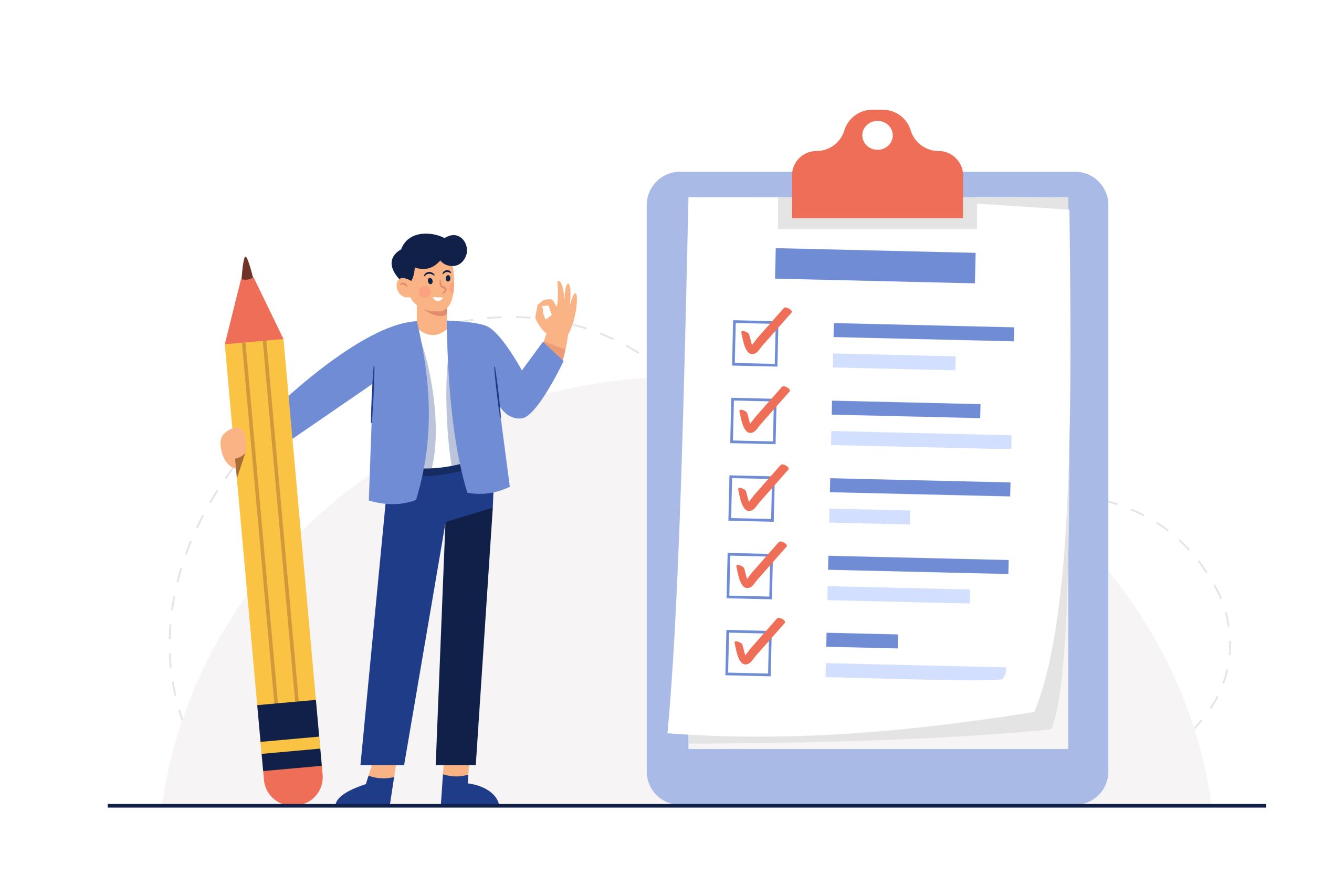In today’s rapidly evolving work environment, where hybrid models and remote communication are becoming the norm, understanding people has never been more critical. Personality assessments offer an insightful gateway into the minds of team members—helping leaders foster stronger, more cohesive teams. The age of generalized team-building strategies is behind us; we’ve entered a new era where assessments fuel personalization, empathy, and collaboration.
Personality assessments are not just tools for recruitment. They’re strategic instruments for creating alignment, uncovering hidden strengths, and improving how teams communicate under pressure. In a workplace defined by cross-functional collaboration, diverse working styles, and increasingly global interactions, understanding the unique personality types within a team can make or break performance.
Beyond the Résumé: Why Assessments Matter After Hiring

Resumes tell you what a person has done; personality assessments tell you how they might behave when facing challenges. That distinction matters. When teams clash—not over workload, but over how decisions are made or how people prefer to receive feedback—it often stems from a fundamental misalignment in communication or values. Personality assessments bring those hidden differences to light in a constructive way.
By implementing assessments as an ongoing component of your team strategy, you’re investing in the longevity of your culture. These tools give leaders a deeper understanding of how each member prefers to work, what motivates them, and what causes friction. More importantly, it creates space for conversations that might otherwise never happen until it’s too late.
The Psychology Behind Assessments and Team Interaction
Psychological Safety: The Foundation of Strong Teams
Psychological safety is the bedrock of every high-performing team. It’s the shared belief that individuals can express ideas, ask questions, or admit mistakes without fear of embarrassment or punishment. When team members feel safe, they contribute more freely, collaborate more openly, and innovate more effectively.
However, building this kind of environment isn’t just about having a friendly atmosphere—it’s also about understanding what makes people tick. This is where personality assessments come in.
Understanding Behavior Through Personality Insights
Every team is a unique mix of personalities, preferences, and communication styles. Without a framework to understand these differences, miscommunication is almost inevitable. For example, a highly analytical team member may require clear structures, data, and time to process information. They might become frustrated in fast-paced, unstructured meetings where decisions are made on the fly.
On the flip side, a more spontaneous and adaptable colleague may thrive under pressure, enjoying the challenge of improvisation and flexible thinking. These two approaches can easily clash—but when each person understands the other’s perspective, they can begin to work in sync rather than at odds.
Assessments as a Shared Language
Popular tools like the Myers-Briggs Type Indicator (MBTI), DISC, or the Big Five Personality Traits aren’t just buzzwords in the corporate world—they’re bridges to better communication. These assessments offer a neutral, non-judgmental way to describe how individuals think, behave, and react under different circumstances.
More importantly, they offer teams a shared language to discuss complex topics like stress, motivation, and conflict resolution. Rather than saying, “You’re too controlling,” a teammate can say, “You score high on conscientiousness, which explains your need for structure.” This shift in language reduces defensiveness and promotes empathy.
Conflict as a Catalyst for Growth
When differences are understood and respected, friction becomes a powerful tool. Conflict doesn’t have to signal dysfunction. In fact, it’s often a sign of diversity in thought and approach—something every team needs to innovate and grow.
Assessments help reframe conflict as an opportunity. Instead of personalizing tension, teams learn to ask:
- What does this conflict reveal about our working styles?
- How can we adjust our approach to align better?
This proactive mindset can dramatically improve collaboration and trust.
Motivation, Feedback, and Team Synergy
Assessments also help leaders tailor motivation strategies to individual team members. One person may be driven by recognition, another by autonomy, and a third by stability. A one-size-fits-all approach to leadership won’t work—but assessment data provides clues to unlock what inspires each team member.
When it comes to feedback, these insights are equally powerful. Personality-aware feedback considers how a person is likely to receive criticism or praise, increasing the chances that the message will lead to constructive change instead of resistance.
Humanizing Differences for Collective Success
Ultimately, the psychology behind assessments lies in their ability to humanize the workplace. Rather than reducing people to productivity metrics, they help teams see the full spectrum of human behavior and potential. They remind us that every person brings unique value—and that success comes from synergy, not similarity.
In teams that invest in understanding one another, differences aren’t just tolerated—they’re celebrated.
Integrating Assessments Into Company Culture
Making personality assessments a one-time event during onboarding misses the bigger opportunity. These tools should be baked into the team culture—used during check-ins, project planning, leadership development, and even conflict resolution. Think of assessments as dynamic resources rather than static labels. A team evolves, and so do individual personalities based on life changes, experiences, and role shifts.
When assessments are revisited regularly, they become part of a team’s self-awareness toolkit. They help managers balance workloads more thoughtfully, distribute projects more strategically, and build leadership pipelines based on real interpersonal insight—not just technical competence.
And it’s not just about management. When employees take ownership of their own assessment results, they’re more likely to show initiative in resolving conflicts and improving communication. A workplace where individuals feel seen is a workplace where people grow.
Reducing Bias, Not Reinforcing It
A valid concern when discussing assessments is whether they risk boxing people in or promoting stereotype-driven decisions. When misused, personality assessments can become limiting. They might lead to labels that stick unfairly or serve as excuses for poor behavior. However, when applied thoughtfully and ethically, assessments don’t confine—they clarify. They give individuals and leaders a starting point to better understand one another, not a final definition.
Labels Aren’t the Goal—Understanding Is
The most effective leaders don’t use assessment results as definitive judgments. Instead, they treat them as initial insights—conversation starters rather than conclusions. Rather than saying, “This person is X, so they always behave like Y,” skilled managers use results to explore motivations, communication styles, and potential areas for growth. They ask deeper questions, remain open to evolution, and recognize that people are capable of adapting and growing beyond their profiles.
A Tool to Enhance Emotional Intelligence
It’s critical to understand that personality assessments are not replacements for emotional intelligence—they’re tools to support it. Emotional intelligence involves reading the room, responding appropriately to emotional cues, and engaging with others in meaningful ways. Assessments can help frame those interactions more effectively by offering a shared vocabulary around strengths, stressors, and work preferences.
Embracing Human Complexity
No single assessment can capture the depth of a human being. We are all shaped by context, culture, experiences, and growth. A personality profile offers a snapshot—not a full picture. That’s why it’s essential to approach assessment results with curiosity and humility. Used correctly, they can illuminate patterns without reducing people to types.
Encouraging Mindful Communication and Empathy
Ultimately, assessments should fuel better conversations. They allow teams to talk about how they work best, what triggers stress, and how they prefer to give or receive feedback. These discussions pave the way for empathy, deeper collaboration, and what’s often referred to as “productive tension”—the kind of friction that leads to innovation, not conflict.
The Ripple Effect on Collaboration and Innovation
When teams understand how to leverage differences rather than smooth them over, they become more innovative. Personality assessments help create environments where disagreement doesn’t lead to division, but to discovery. Different perspectives are seen not as threats, but as assets.
Assessments also increase team agility. If your team knows who processes information quickly versus who needs more time to reflect, it becomes easier to plan meetings, set deadlines, and manage expectations. These small adjustments compound into large gains—especially in high-stakes, fast-moving industries where every moment counts.
Strengthening Remote and Hybrid Teams
In virtual settings, the absence of body language and real-time emotional cues can lead to misunderstandings. This is where assessments shine. When remote teams take personality assessments, they gain a shared map of communication styles, helping reduce digital friction.
For example, a team member who prefers written feedback might feel slighted by a quick verbal Slack message. Another might prefer spontaneity and view structured agendas as rigid. These subtle preferences are often invisible—but assessments reveal them, allowing managers to create workflows that feel natural and inclusive.
Moreover, in distributed teams across time zones and cultures, personality assessments act as a unifying language. They offer consistency in understanding how teammates approach problems, interact with conflict, or contribute in group settings—regardless of location.
Building Teams That Last

Employee retention is deeply tied to team dynamics. When people feel understood, valued, and able to work in harmony with others, they stay longer. Personality assessments are not a magic bullet, but they are one of the most effective ways to nurture a resilient team culture.
As more organizations move toward values-driven missions, emotional alignment within teams becomes a priority. People don’t just want to know what their roles are—they want to know that who they are fits within the team. Personality assessments help answer that question with clarity and care.
They empower HR leaders to make better decisions around hiring, development, and even restructuring. They help managers avoid blind spots, and they give employees the validation that their uniqueness is not only accepted—but essential to the team’s success.
A Future of People-First Teams
The future of work isn’t just digital—it’s deeply human. As companies compete for top talent and strive to build high-performing teams, assessments will play a key role in shaping team dynamics. They offer an edge not through surveillance or micromanagement, but through understanding.
When used thoughtfully, assessments don’t reduce people to a number or a chart—they bring people to life. They unlock conversations, surface potential, and foster the trust that teams need to thrive in uncertainty. In the coming years, the companies that lead in culture, innovation, and performance will likely be those that embraced the power of personality assessments early—and used them wisely.
Conclusion
Personality assessments are not a trend—they’re a timeless tool that’s gaining renewed relevance in a people-first business world. When teams understand each other beyond tasks and titles, they work better, solve problems faster, and innovate more freely. Whether remote or in-office, startups or enterprises, every team benefits from the clarity, empathy, and insight that assessments can bring.
It’s not about changing who people are—it’s about creating an environment where every personality has room to thrive. And in a competitive market, that kind of culture isn’t just nice to have—it’s a serious advantage.
Andrea Balint is a writer and researcher focused on human behavior, workplace psychology, and personal growth. Through her work at CareersMomentum, she explores how mindset, leadership, and emotional intelligence shape modern careers. With a background in communication and HR development, she transforms complex ideas into practical insights that help readers build clarity, confidence, and professional purpose.
